
Quick Bio
| Born: | June 22, 1936 |
| Died: | September 28, 2024 |
| Age: | 88 |
| Cause of Death: | Unknown |
| Gender: | Male |
| Height: | 1.83 m (6′ 0″ ft) |
| Country of Origin: | United States of America |
| Profession: | Country Singer, Actor |
| Net Worth: | $50 million |
| Last Updated: | October 5th, 2024 |
Intro
Kris Kristofferson died at his home in Maui on September 28, 2024, at the age of 88. He was a retired American singer, songwriter, and actor best known for songs like "Sunday Mornin' Coming Down," "For the Good Times," and "Help Me Make It Through the Night".
Early life and education
Kristoffer Kristofferson was born in Brownsville, Texas, to Mary Ann (née Ashbrook) and Lars Henry Kristofferson, a U.S. Army Air Corps officer (later a U.S. Air Force major general). During Kristofferson's childhood, his father encouraged him to pursue a military career.
San Mateo, California
Kristofferson moved around frequently as a youth because of his father's military service, and the family settled in San Mateo, California. After graduating from San Mateo High School in 1954, he enrolled at Pomona College, hoping to become a writer. His early writing included prize-winning essays: "The Rock" and "Gone Are the Days" were published in The Atlantic Monthly. These stories touch on the roots of Kristofferson's passions and concerns. "The Rock" is about a geographical feature resembling the form of a woman, while the latter was about a racial incident.
At the age of 17, Kristofferson took a summer job with a dredging contractor on Wake Island in the western Pacific Ocean. He called it "the hardest job I ever had".
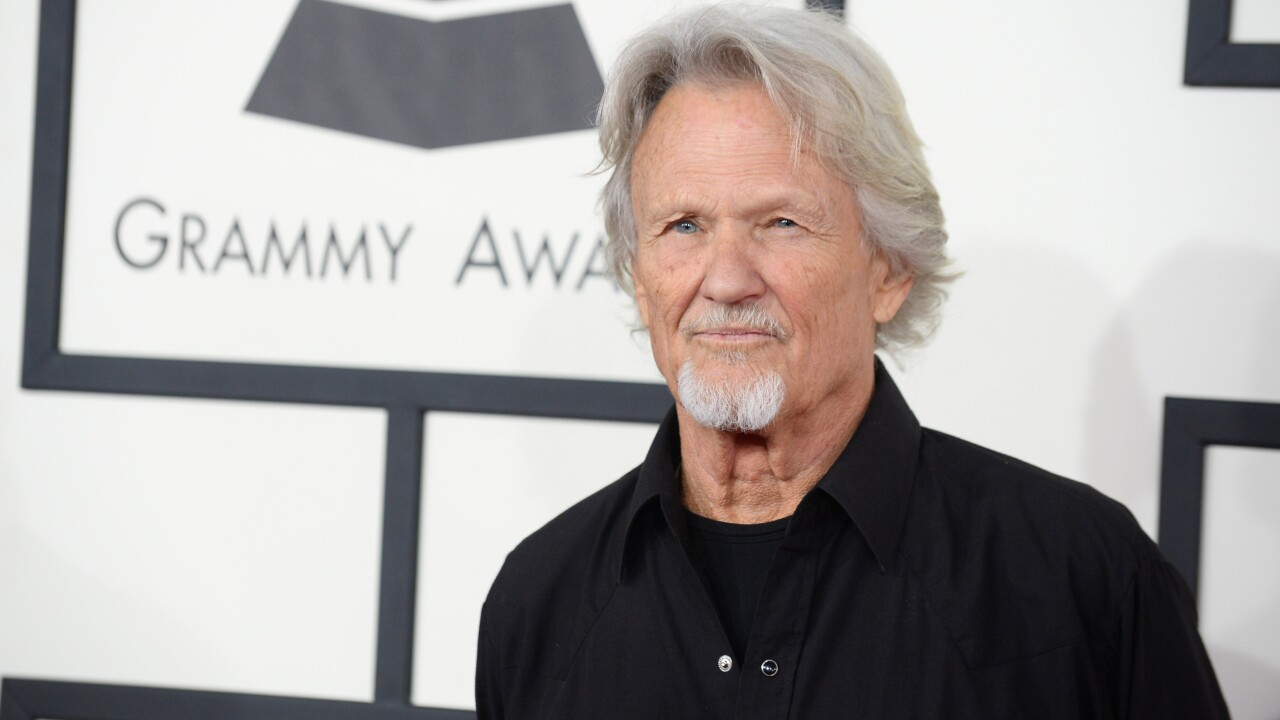
Pomona College
Kristofferson attended Pomona College and experienced his first national exposure in 1958, appearing in the March 31 issue of Sports Illustrated for his achievements in collegiate rugby union, American football, and track and field. He and his classmates revived the Claremont Colleges Rugby Club in 1958, and it remains a Southern California rugby institution. Kristofferson graduated in 1958 with a Bachelor of Arts degree, summa cum laude, in literature. He was elected to Phi Beta Kappa his junior year. In a 2004 interview with Pomona College Magazine, Kristofferson mentioned philosophy professor Frederick Sontag as an important influence in his life.
In 1973, Kristofferson received an honorary doctorate in fine arts from Pomona College during Alumni Weekend, accompanied by fellow performers Johnny Cash and Rita Coolidge. His award was presented to him by his aforementioned mentor, Professor Sontag.
University of Oxford
In 1958, Kristofferson was awarded a Rhodes Scholarship to the University of Oxford, studying at Merton College. While at Oxford, he was awarded a Blue for boxing, played rugby for his college, and began writing songs. At Oxford, he became acquainted with fellow Rhodes scholar, art critic, and poet Michael Fried. With the help of his manager, Larry Parnes, Kristofferson recorded for Top Rank Records under the name Kris Carson. Parnes was working to sell Kristofferson as "a Yank at Oxford" to the British public; Kristofferson was willing to accept that promotional approach if it helped his singing career, which he hoped would enable him to progress toward his goal of becoming a novelist.
This early phase of his music career was unsuccessful. In 1960, Kristofferson graduated with a Bachelor of Philosophy degree in English literature. In 1961, he married his longtime girlfriend, Frances "Fran" Mavia Beer.
Military service
Kristofferson, under pressure from his family, joined the U.S. Army and was commissioned as a second lieutenant, attaining the rank of captain. He became a helicopter pilot after receiving flight training at Fort Rucker, Alabama. He also completed Ranger School. During the early 1960s, he was stationed in West Germany as a member of the 8th Infantry Division. During this time, he resumed his music career and formed a band. In 1965, after his tour in West Germany ended, Kristofferson was given an assignment to teach English literature at West Point. Instead, he decided to leave the Army and pursue songwriting. His family disowned him because of his career decision; sources are unclear on whether they reconciled. They saw it as a rejection of everything they stood for, although Kristofferson says he is proud of his time in the military and received the Veteran of the Year Award at the 2003 American Veterans Awards ceremony.
Career

After leaving the army in 1965, Kristofferson moved to Nashville. Struggling for success in music, he worked at odd jobs in the meantime while burdened with medical expenses resulting from his son's defective esophagus. He and his wife divorced in 1968.
Kristofferson got a job sweeping floors at Columbia Recording Studios in Nashville. He met June Carter there and asked her to give Johnny Cash a tape of his. She did, but Cash put it on a large pile with others. He also worked as a commercial helicopter pilot for south Louisiana firm Petroleum Helicopters International (PHI), based in Lafayette, Louisiana. Kristofferson recalled of his days as a pilot, "That was about the last three years before I started performing, before people started cutting my songs. I would work a week down here [in south Louisiana] for PHI, sitting on an oil platform and flying helicopters. Then I'd go back to Nashville at the end of the week and spend a week up there trying to pitch the songs, then come back down and write songs for another week. I can remember "Help Me Make It Through the Night" I wrote sitting on top of an oil platform. I wrote "Bobby McGee" down here, and a lot of them [in south Louisiana]."
Weeks after giving Carter his tapes, Kristofferson landed a helicopter in Cash's front yard, gaining his full attention. A story about Kristofferson having a beer in one hand and some songs in the other upon arrival was reputed, but was later refuted, with Kristofferson saying, "It was still kind of an invasion of privacy that I wouldn't recommend. To be honest, I don't think he was there. John had a pretty creative memory." Upon hearing "Sunday Mornin' Comin' Down", however, Cash decided to record it, and in 1970 Kristofferson won Song of the Year for the song at the Country Music Association Awards.
In 1966, Dave Dudley released a successful Kristofferson single, "Viet Nam Blues." In 1967, Kristofferson signed to Epic Records and released a single, "Golden Idol/Killing Time," but the song was not successful. Within the next few years, more Kristofferson originals hit the charts, performed by Roy Drusky ("Jody and the Kid"); Billy Walker & the Tennessee Walkers ("From the Bottle to the Bottom"); Ray Stevens ("Sunday Mornin' Comin' Down"); Jerry Lee Lewis ("Once More with Feeling"); Faron Young ("Your Time's Comin'"); and Roger Miller ("Me and Bobby McGee", "Best of all Possible Worlds", and "Darby's Castle"). He was successful as a performer following Johnny Cash's introduction of him at the Newport Folk Festival.
In 1971, Janis Joplin, who had dated Kristofferson, had a number one hit with "Me and Bobby McGee" from her posthumous album Pearl. It stayed on the number-one spot on the charts for weeks. More hits followed from others: Ray Price ("I'd Rather Be Sorry"); Joe Simon ("Help Me Make It Through the Night"); Bobby Bare ("Please Don't Tell Me How the Story Ends"); O. C. Smith ("Help Me Make It Through the Night"); Jerry Lee Lewis ("Me and Bobby McGee"); Patti Page ("I'd Rather Be Sorry"); and Peggy Little ("I've Got to Have You"). Country music performer Kenny Rogers recorded some of Kristofferson's songs, including a version of "Me and Bobby McGee" in 1969 with the First Edition for the Ruby, Don't Take Your Love To Town album.
Kristofferson released his second album—The Silver Tongued Devil and I—in 1971. It included "Lovin' Her Was Easier (than Anything I'll Ever Do Again)". This success established Kristofferson's career as a recording artist. Soon after, Kristofferson made his acting debut in The Last Movie (directed by Dennis Hopper), and appeared at the Isle of Wight Festival. A portion of his Isle of Wight performance is featured on the three disc compilation, The First Great Rock Festivals of the Seventies. In 1971, he acted in Cisco Pike, and released his third album, Border Lord. The album was all-new material and sales were sluggish. He also swept the Grammy Awards that year with numerous songs nominated, winning country song of the year for "Help Me Make It Through the Night". Kristofferson's 1972 fourth album, Jesus Was a Capricorn, initially had slow sales, but the third single, "Why Me", was a success and significantly increased album sales. It sold over one million copies, and was awarded a gold disc by the RIAA on November 8, 1973.
In 1972, Kristofferson appeared with Rita Coolidge on British TV on BBC's The Old Grey Whistle Test, performing "Help Me Make It Through the Night". Also in 1972, Al Green released his version of "For the Good Times" on the album I'm Still in Love with You.
In January 2021, Kristofferson announced his retirement.[50] His final concert was held in Fort Pierce, Florida, at the Sunrise Theatre on February 5, 2020, accompanied by the Strangers
Film
For the next several years, Kristofferson focused on acting. He appeared in Cisco Pike (1972) with Gene Hackman; Blume in Love (1973), directed by Paul Mazursky; three Sam Peckinpah films: Pat Garrett and Billy the Kid (1973), Bring Me the Head of Alfredo Garcia (1974), and Convoy (1978); and Michael Ritchie's Semi-Tough (1977) with Burt Reynolds. He continued acting in Martin Scorsese's Alice Doesn't Live Here Anymore (1974), Vigilante Force (1976), The Sailor Who Fell from Grace with the Sea (1976), and the romantic drama A Star Is Born (1976) with Barbra Streisand, for which he received a Golden Globe Award for Best Actor. At the peak of his box office power, Kristofferson turned down William Friedkin's Sorcerer (1977) and the romantic war film Hanover Street (1979). Despite his success with Streisand, Kristofferson's solo musical career headed downward with his non-charting ninth album, Shake Hands with the Devil. His next film, the two-part 1979 NBC-TV movie Freedom Road, did not get good ratings.
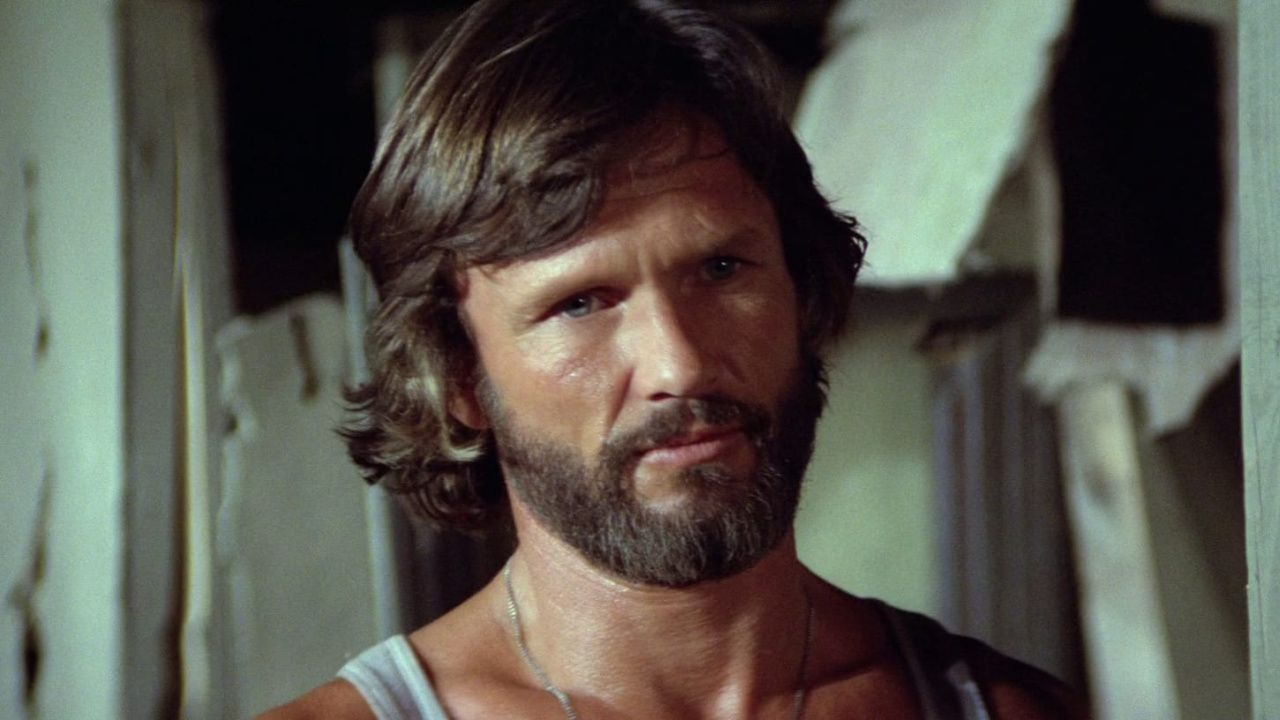
Kristofferson was next cast in the lead role as the enigmatic Sheriff James Averill in Michael Cimino's bleak and sprawling 1980 anti-Western Heaven's Gate. Despite being a scandalous studio-bankrupting and industry-changing failure at the time (it cost Kristofferson his Hollywood A-list status), the film gained critical recognition in subsequent years. In 1981, he co-starred with Jane Fonda in Rollover, directed by Alan J. Pakula. In 1986, he starred in The Last Days of Frank and Jesse James with Johnny Cash and Flashpoint with Treat Williams in 1984, directed by William Tannen. This was followed, in 1985, by the neo-noir thriller Trouble In Mind co-starring Keith Carradine and Lori Singer. In 1987, Kristofferson starred in the seven-episode TV series Amerika with Robert Urich and Christine Lahti. In 1989, he was the male lead in the film Millennium with Cheryl Ladd. In 1996, he earned a supporting role as Charlie Wade, a corrupt South Texas sheriff in John Sayles' Lone Star, a film nominated for an Academy Award for Best Original Screenplay. In 1997, he co-starred in the film Fire Down Below with Steven Seagal.
In 1998, Kristofferson took a role in the film Blade, alongside Wesley Snipes, as Blade's mentor Abraham Whistler. He reprised the role in Blade II (2002) and again in Blade: Trinity (2004). In 1998 he starred in Dance with Me along with Vanessa Williams and Chayanne. In 1999, he co-starred with Mel Gibson in Payback. He played rancher Rudolph Meyer in Molokai: The Story of Father Damien (1999). He was then in the 2001 Tim Burton version of Planet of the Apes. He also played the title character "Yohan" as an old man in the Norwegian film Yohan: The Child Wanderer. He co-starred in the 2011 film Dolphin Tale and its 2014 sequel, Dolphin Tale 2. In 2012, Kristofferson was in Joyful Noise with longtime friend Dolly Parton. In 2013, Kristofferson co-starred in The Motel Life, as well as Angels Sing with Willie Nelson and Lyle Lovett. In 2006, Kristofferson starred with Geneviève Bujold in the film Disappearances about whiskey running from Quebec to the U.S. during the Great Depression.
Personal life

In 1961, Kristofferson married his longtime girlfriend Frances "Fran" Mavia Beer, but they divorced in 1969. Kristofferson briefly dated Janis Joplin before her death in October 1970. His second marriage was to singer Rita Coolidge in 1973, ending in divorce in 1980. Kristofferson married Lisa Meyers in 1983.
Kristofferson and Meyers owned a home in Las Flores Canyon in Malibu, California, and maintained a residence in Hana, Hawaii, on the island of Maui. Kristofferson had eight children from his three marriages: two from his first marriage, one from his second marriage, and five from his marriage to his third wife.
Death
Kristofferson died at his home in Maui on September 28, 2024, at the age of 88.
Net Worth
Kris Kristofferson had a net worth of $50 million at the time of his death.
Tributes
Kris Kristofferson, country music legend and 'A Star Is Born' actor, passes away at 88. His legacy of iconic songs and unforgettable film roles will endure. pic.twitter.com/IZuvoHsjeT
— Los Angeles Magazine (@LAmag) September 29, 2024
It’s been rough these days for movie lovers and for the entertainment industry, on the passing of these legends and more. James Earl Jones, Dame Maggie Smith, Kris Kristofferson, and now John Amos.
— 𝘼. 𝙄. 𝙈. 👨🏽🚀 𝕏 (@AimThaMachine_) October 1, 2024
Rest in Peace to all these iconic actors and condolences to their families. ❤️🕊️ pic.twitter.com/4RKljWfOaR
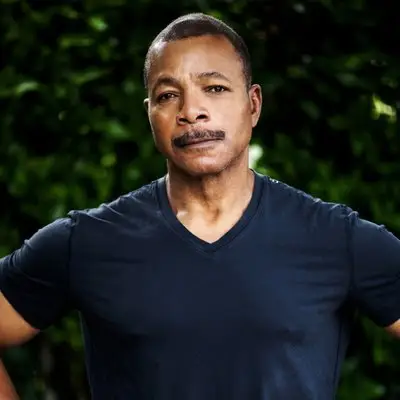


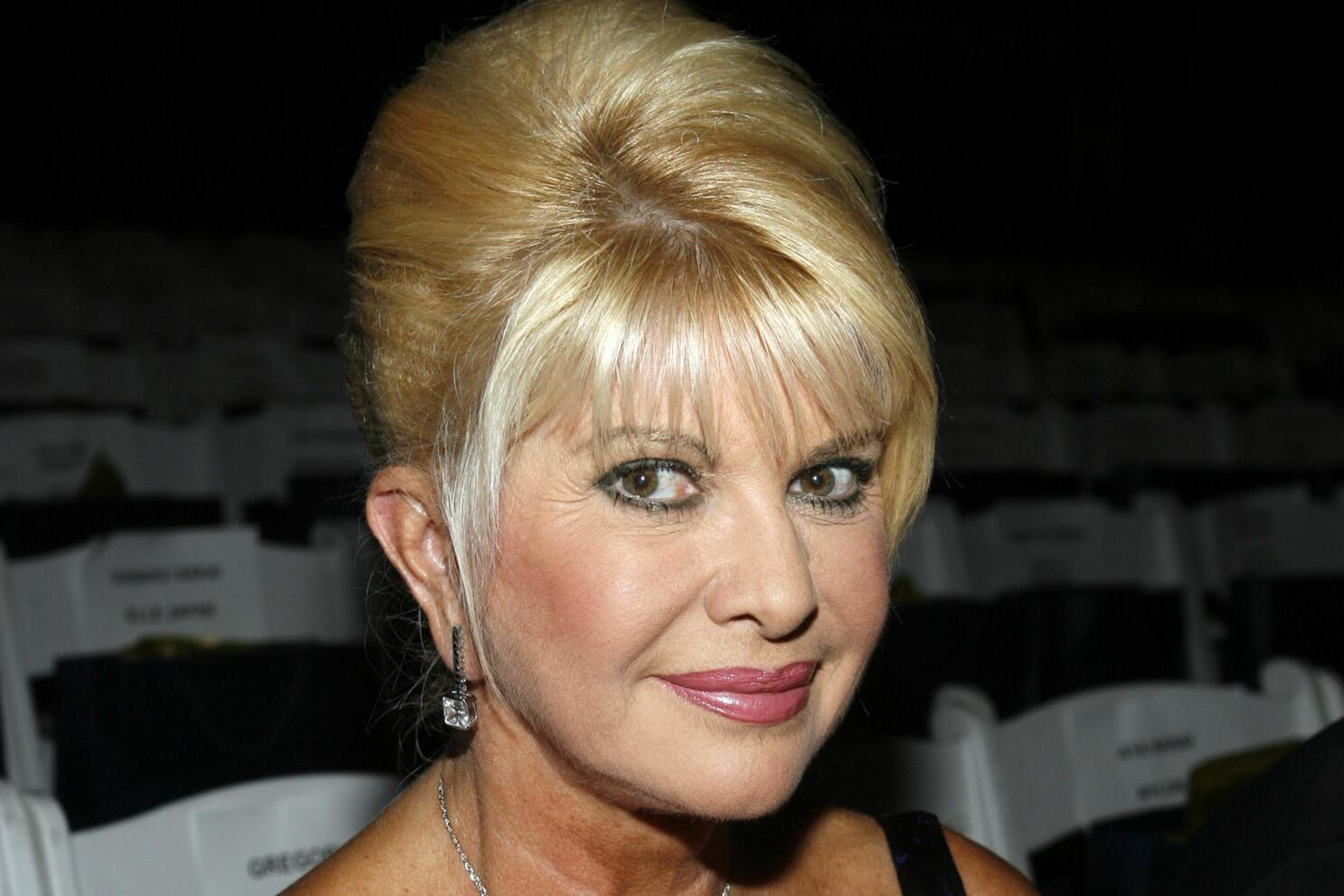
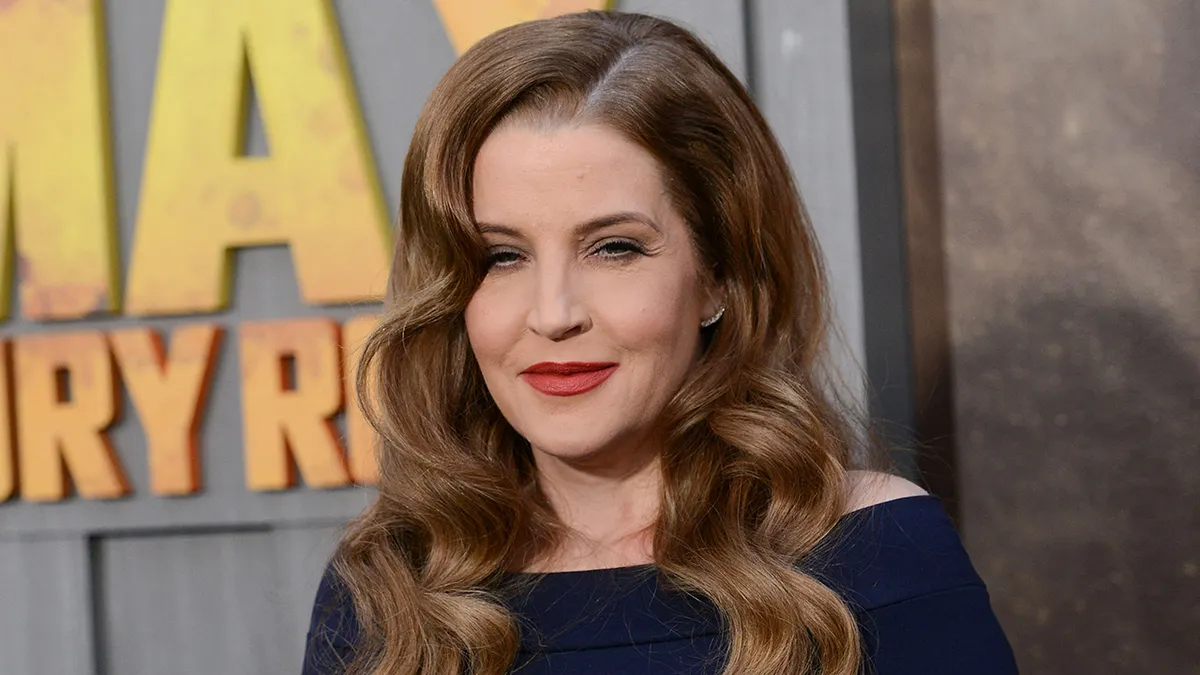












No Comments Available